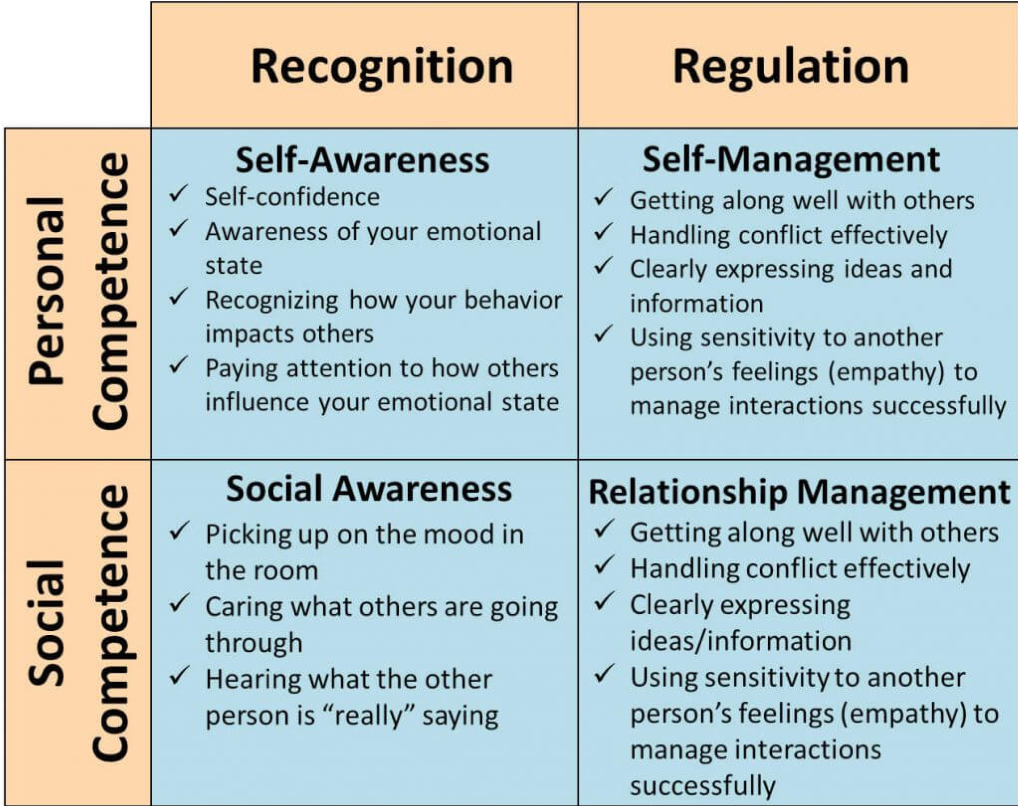-
What else should I know?
This Workshop, like any T-group event, is a unique learning experience:
1. It requires active participation
A T-group workshop is not a "spectator sport". In order to drive your own learning and contribute to the learning of everyone else in your group of 8-12 women, you're expected to take reasonable risks (we suggest a 15% risk, which is out of your comfort zone but will keep you safely out of any "danger" zones). This is different from most passive classroom-style learning experiences.
A typical risk might include giving feedback to another member (we'll help ensure feedback is delivered in productive rather than harmful ways), asking for feedback, sharing your feelings and emotions about what is happening in the group, standing up for your needs or asking for what you want, and revealing a more integrated, authentic version of yourself (rather that the "purely professional" or "everyone admires these limited parts me" version of yourself).
2. We talk about feelings and emotions
In the "Interpersonal and Group Dynamics" experiential workshop, it's common for feelings and emotions to arise and be shared. You may even choose to share personal stories with the other women that are relevant to what's emerging in the Circle. Recognizing and sharing more of your own feelings - and learning to be with and respond to other members' feelings - is an important ingredient of T-group learning. At the same time, this is not a therapy group. In fact, if you're currently in therapy we'll ask you to consult with your therapist to ensure it's a good time for you to engage in this type of intensive learning experience.
3. It's for people who want to stretch themselves
You'll need to be willing to take some risks, make some mistakes, and have conversations that may feel vulnerable and uncomfortable. Learning requires us to stretch and try new things. The discussions will not be about problem-solving or role-playing; conversations are about the real thoughts and reactions group members are having, in the moment, to one another and to what is (or what is not) happening in the room. Participants report that the rewards are well worth their investment in momentary discomfort. And, it's important to assess whether this is something you're open to doing at this moment in time.
4. It's a learning modality that neither of us would want to do without !
NEXT: Meet your workshop facilitators
1. It requires active participation
A T-group workshop is not a "spectator sport". In order to drive your own learning and contribute to the learning of everyone else in your group of 8-12 women, you're expected to take reasonable risks (we suggest a 15% risk, which is out of your comfort zone but will keep you safely out of any "danger" zones). This is different from most passive classroom-style learning experiences.
A typical risk might include giving feedback to another member (we'll help ensure feedback is delivered in productive rather than harmful ways), asking for feedback, sharing your feelings and emotions about what is happening in the group, standing up for your needs or asking for what you want, and revealing a more integrated, authentic version of yourself (rather that the "purely professional" or "everyone admires these limited parts me" version of yourself).
2. We talk about feelings and emotions
In the "Interpersonal and Group Dynamics" experiential workshop, it's common for feelings and emotions to arise and be shared. You may even choose to share personal stories with the other women that are relevant to what's emerging in the Circle. Recognizing and sharing more of your own feelings - and learning to be with and respond to other members' feelings - is an important ingredient of T-group learning. At the same time, this is not a therapy group. In fact, if you're currently in therapy we'll ask you to consult with your therapist to ensure it's a good time for you to engage in this type of intensive learning experience.
3. It's for people who want to stretch themselves
You'll need to be willing to take some risks, make some mistakes, and have conversations that may feel vulnerable and uncomfortable. Learning requires us to stretch and try new things. The discussions will not be about problem-solving or role-playing; conversations are about the real thoughts and reactions group members are having, in the moment, to one another and to what is (or what is not) happening in the room. Participants report that the rewards are well worth their investment in momentary discomfort. And, it's important to assess whether this is something you're open to doing at this moment in time.
4. It's a learning modality that neither of us would want to do without !
NEXT: Meet your workshop facilitators


